The special alchemy of rare-breed meat, and 10 places of the best places to get hold of it
The surest way to aid the survival of Britain's rare breeds is to support the farmers who rear them – and in doing so you can end up enjoying some of the finest meat on earth.
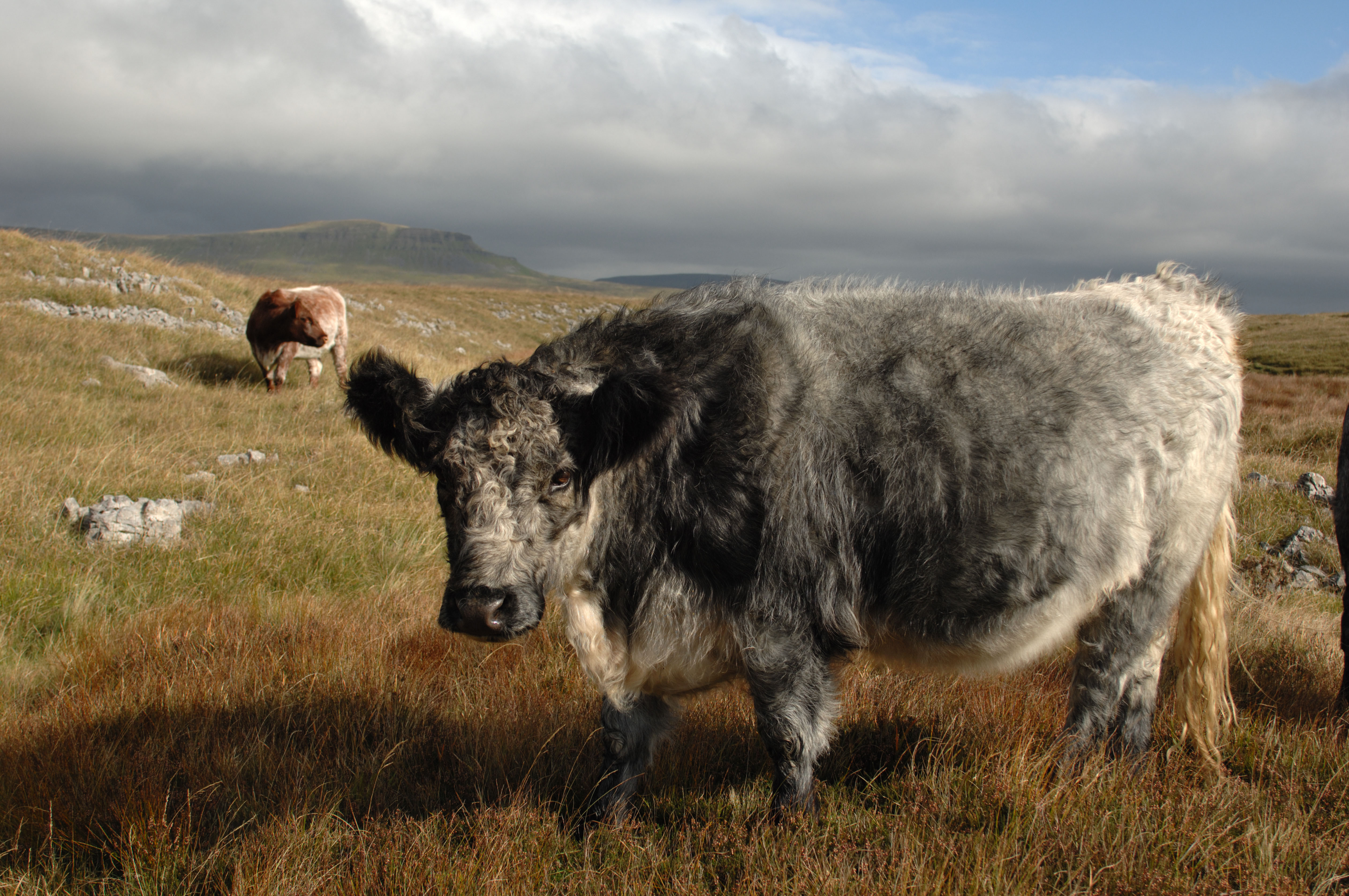

Spare a thought for the Lincolnshire Curly Coated pig and the Sheeted Somerset cattle. They’re just two of the 26 native breeds which died out in Britain between 1900 and 1970, with more economical imports and supermarket practices changing how we ate. Now, thankfully, things have changed. We’ve rediscovered our taste for traditional native breeds – and out willingness to accept higher prices for animals reared sensibly, sustainably and healthily. And since the formation of the Rare Breeds Survival Trust in 1973, not a single rare or native breed has been lost to us.
Rearing these rarer animals isn’t always easy. Tom Parker-Bowles wrote in Country Life last week about a friend of his who got stung when rearing a pair of Middle White pigs. ‘Breed alone is no guarantee of excellence, rare or otherwise,’ wrote Tom.
‘I’ve tried beef from 12-year-old Galician milkers that blew me away and Angus crosses that have profound depth. As ever, there are no absolutes, no easy, Friesian-coloured black and white. But at its best, when all the myriad production stars align, rare-breed meat can be sublime, some of the best on Earth.
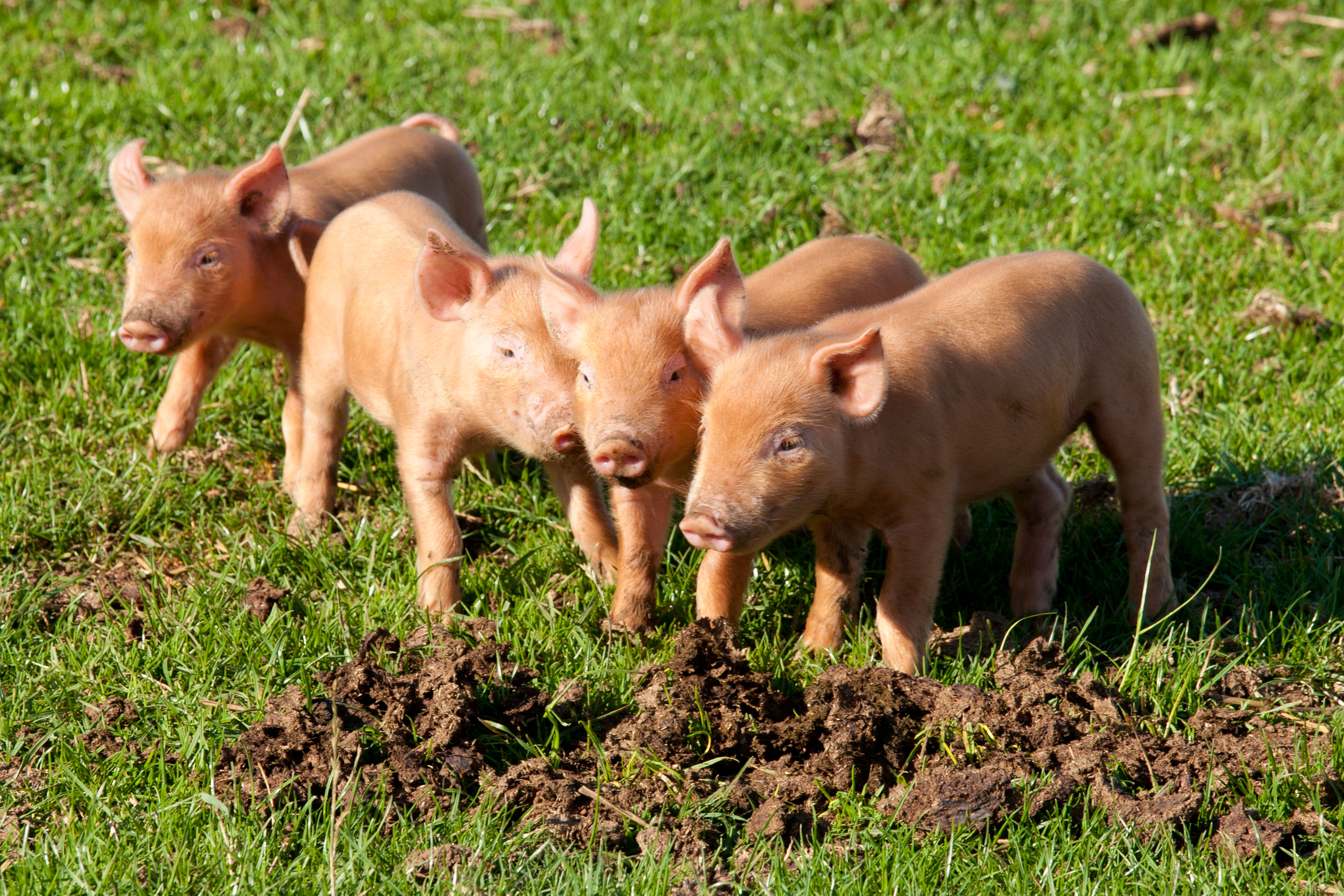
‘The production of top-quality meat is a complex jigsaw of many different factors,' Tom continued.
'When buying, it’s all down to trusting the source. People who work as much for passion as they do profit, producers who care deeply about animal welfare, environmental impact and flavour. Provenance, traceability and peace of mind. Prices may be higher, but this is flavour to savour, meat miles removed from the pallid horrors of intensive farming.
‘In devouring the best rare-breed meat, you not only thrill the tastebuds, but keep the gene pool fizzing, too. The carnivorous song, however, remains eternally the same:
- Eat less meat, but better.
- Utilise every cut, however humble.
- Trust in your butcher.
- And last, but most certainly not least, always have faith in the farmer.’
Tom Parker-Bowles’s favourite places in Britain to get rare-breed meat
Sillfield Farm
Wild boar, British Lops, Saddlebacks, Large Blacks and Herdwick lamb. Impeccable quality meat.
Sign up for the Country Life Newsletter
Exquisite houses, the beauty of Nature, and how to get the most from your life, straight to your inbox.
Daylesford
South Devon, Gloucester and Aberdeen Angus beef, Gloucester Old Spot pigs and Blue Legbar chickens. Top-quality organic meat, beautifully butchered.
Turner & George
Kerry Hill lamb, Oxford Sandy & Black pork and Shorthorn beef.
Glenarm salt-aged beef
Shorthorn beef, hung for 42 days. My favourite beef in the UK.
www.fortnumandmason.co.uk and www.hixrestaurants.com
Farmison & Co
A huge selection of native-breed meat, all properly aged and butchered. Impressive.
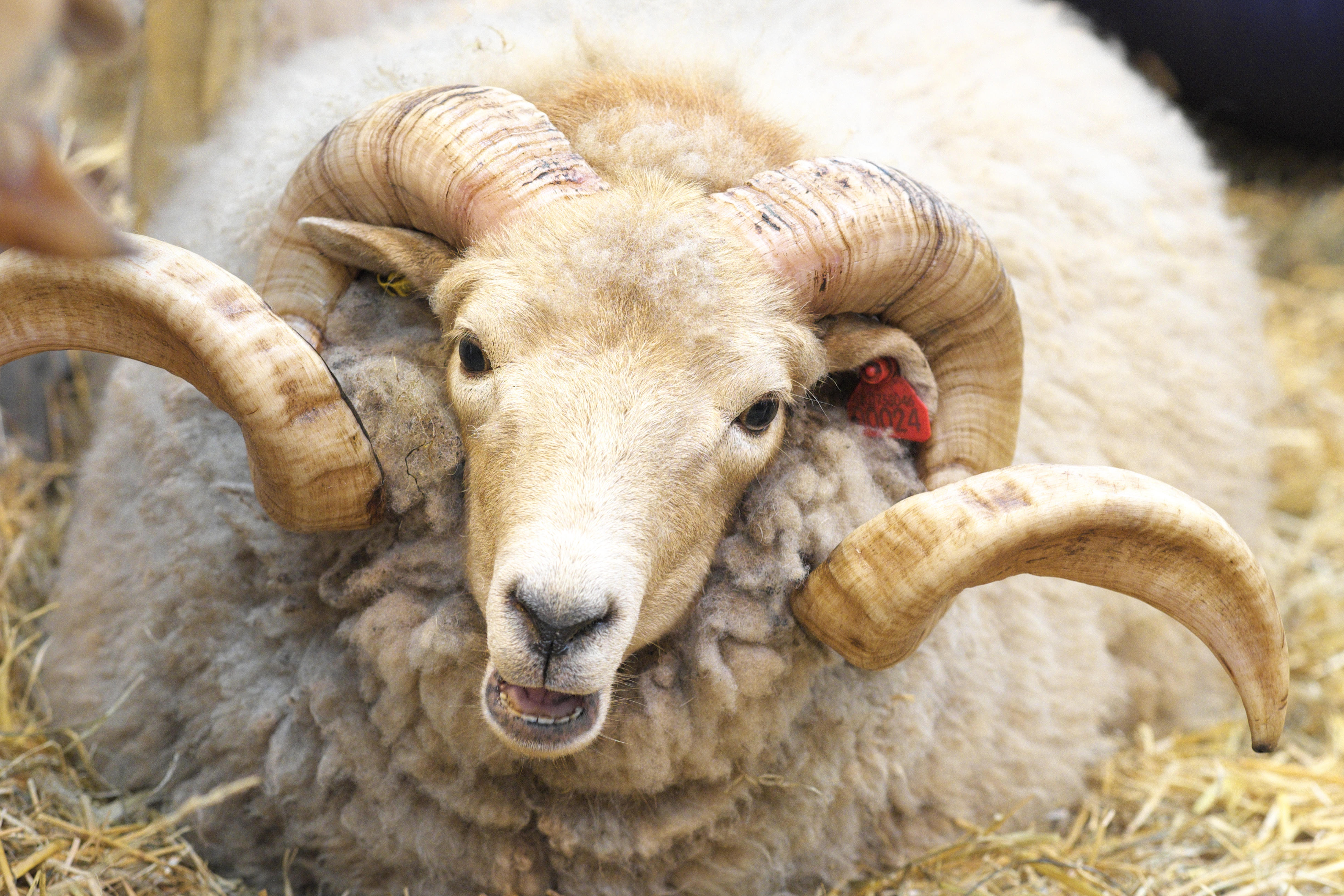
The Blackface Meat Company
Blackface lamb and mutton, plus Oxford Sandy & Black pork and Galloway beef. Good game, too.
Pipers Farm
Saddleback pork, Red Ruby beef and excellent chickens.
The Real Pig Company
Gloucester Old Spots, Saddlebacks and Oxford Sandy & Blacks, reared outdoors in Devon.
The Ginger Pig
Longhorn cattle, Tamworth pigs and Dorset lamb, sourced from an excellent network of producers from around the United Kingdom.
The Primrose Herd
Outdoor-reared Gloucester Old Spots, Large Blacks, Tamworths, Welsh and British Lop. Whole cuts as well as excellent sausages, bacon and hog pudding.
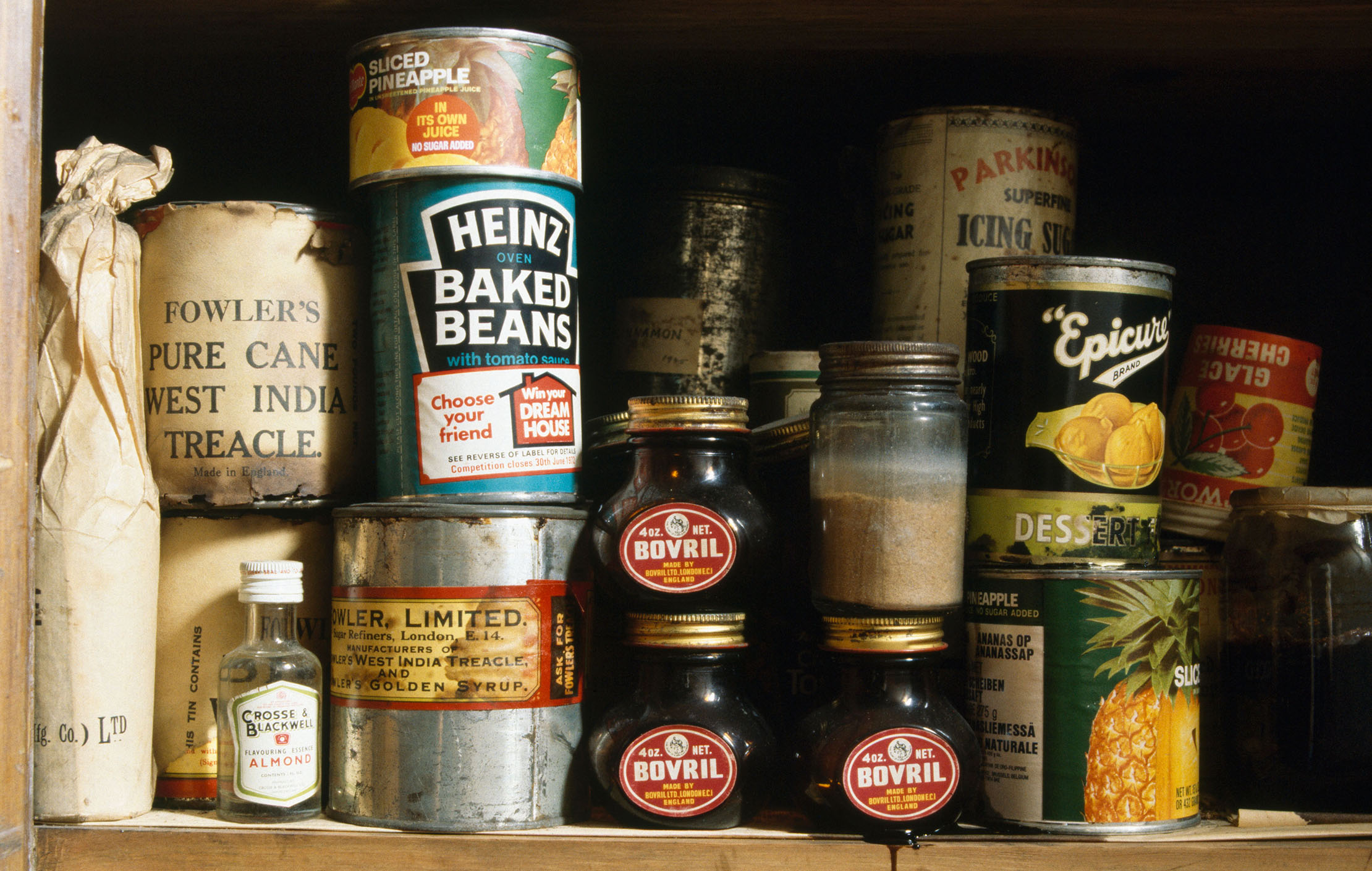
Credit: Alamy Stock Photo
Tom Parker-Bowles: Why a well-stocked larder is a very splendid thing, and the building block for 1,000 dishes
A well-stocked store cupboard is an essential of British life in the 21st century, says Tom Parker-Bowles as he reveals
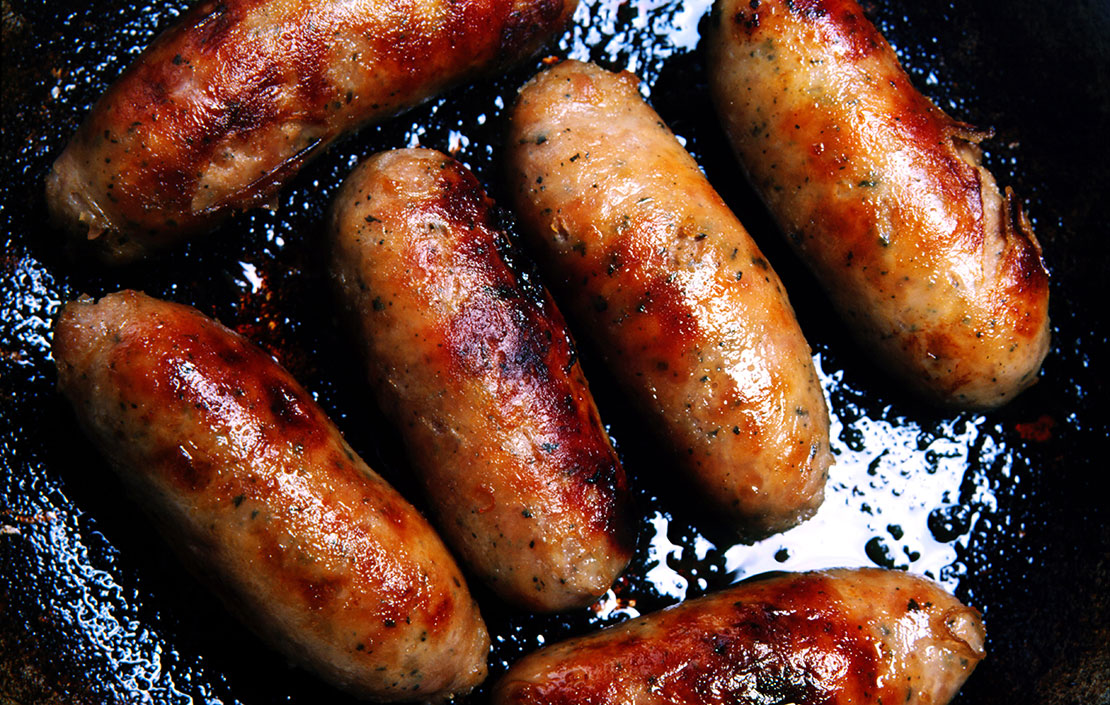
Credit: Graham Day / Getty
In praise of the great British sausage – and five of the best bangers you can buy
Few foods are equally at home on the tables of royalty as they are at the local greasy spoon, but
Country Life is unlike any other magazine: the only glossy weekly on the newsstand and the only magazine that has been guest-edited by HRH The King not once, but twice. It is a celebration of modern rural life and all its diverse joys and pleasures — that was first published in Queen Victoria's Diamond Jubilee year. Our eclectic mixture of witty and informative content — from the most up-to-date property news and commentary and a coveted glimpse inside some of the UK's best houses and gardens, to gardening, the arts and interior design, written by experts in their field — still cannot be found in print or online, anywhere else.
-
 The finest interiors in Edinburgh? A seven-bedroom townhouse furnished by Robert Kime comes to market
The finest interiors in Edinburgh? A seven-bedroom townhouse furnished by Robert Kime comes to marketSituated on one of the New Town's grandest terraces, this four-storey property is a collector's dream.
By James Fisher Published
-
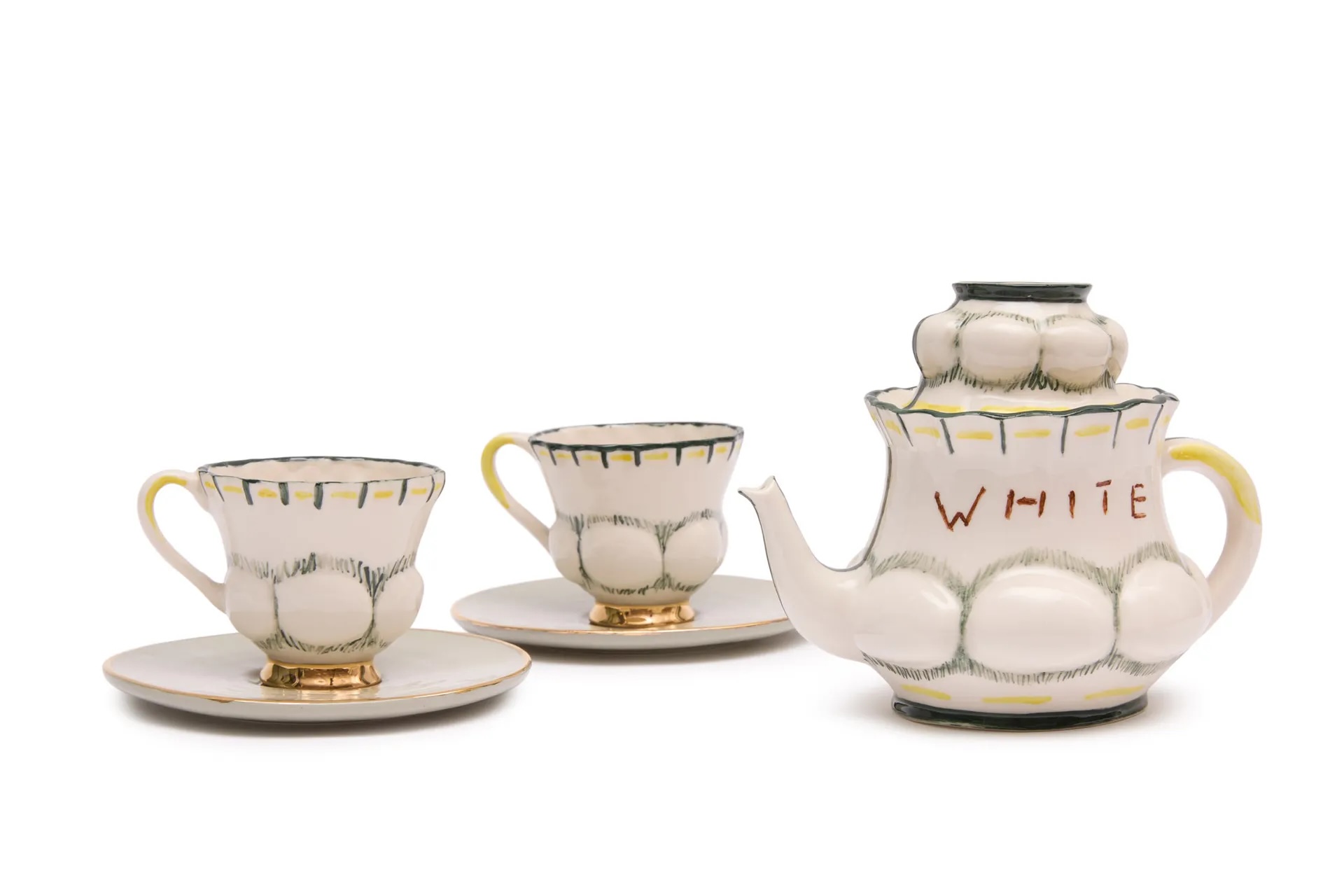 Why LOEWE decided to reimagine the teapot, 25 great designs over
Why LOEWE decided to reimagine the teapot, 25 great designs overLoewe has commissioned 25 world-leading artists to design a teapot, in time for Salone del Mobile.
By Amie Elizabeth White Published
-
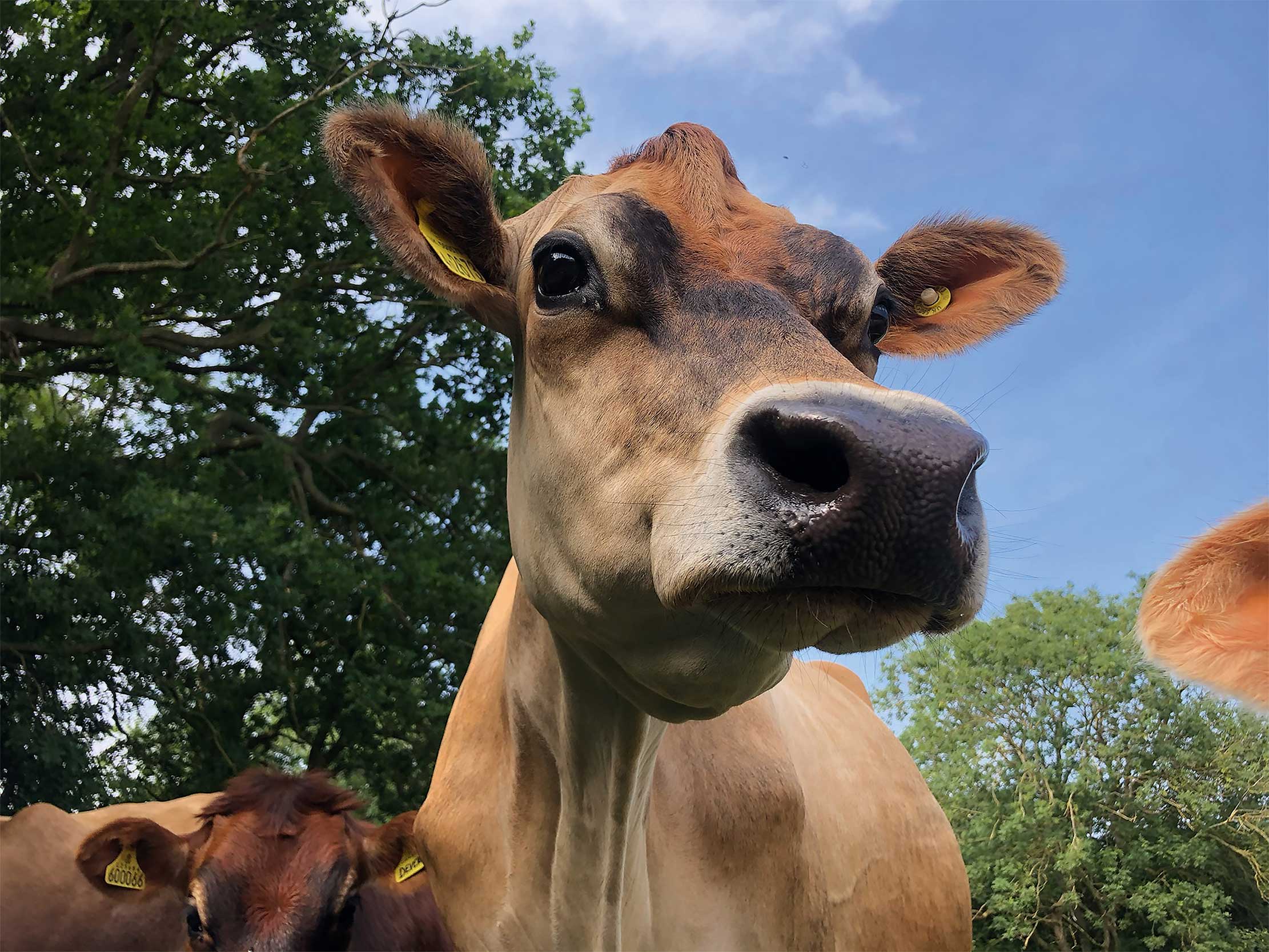 How raw milk is fighting its way back to our tables: 'One taste and you'll be hooked... there's no going back'
How raw milk is fighting its way back to our tables: 'One taste and you'll be hooked... there's no going back'Raw milk has been vilified in the press and by food agencies and competitor industries for decades, but its superior taste and health benefits demand we take a second look, argues Tom Parker Bowles.
By Tom Parker-Bowles Published
-
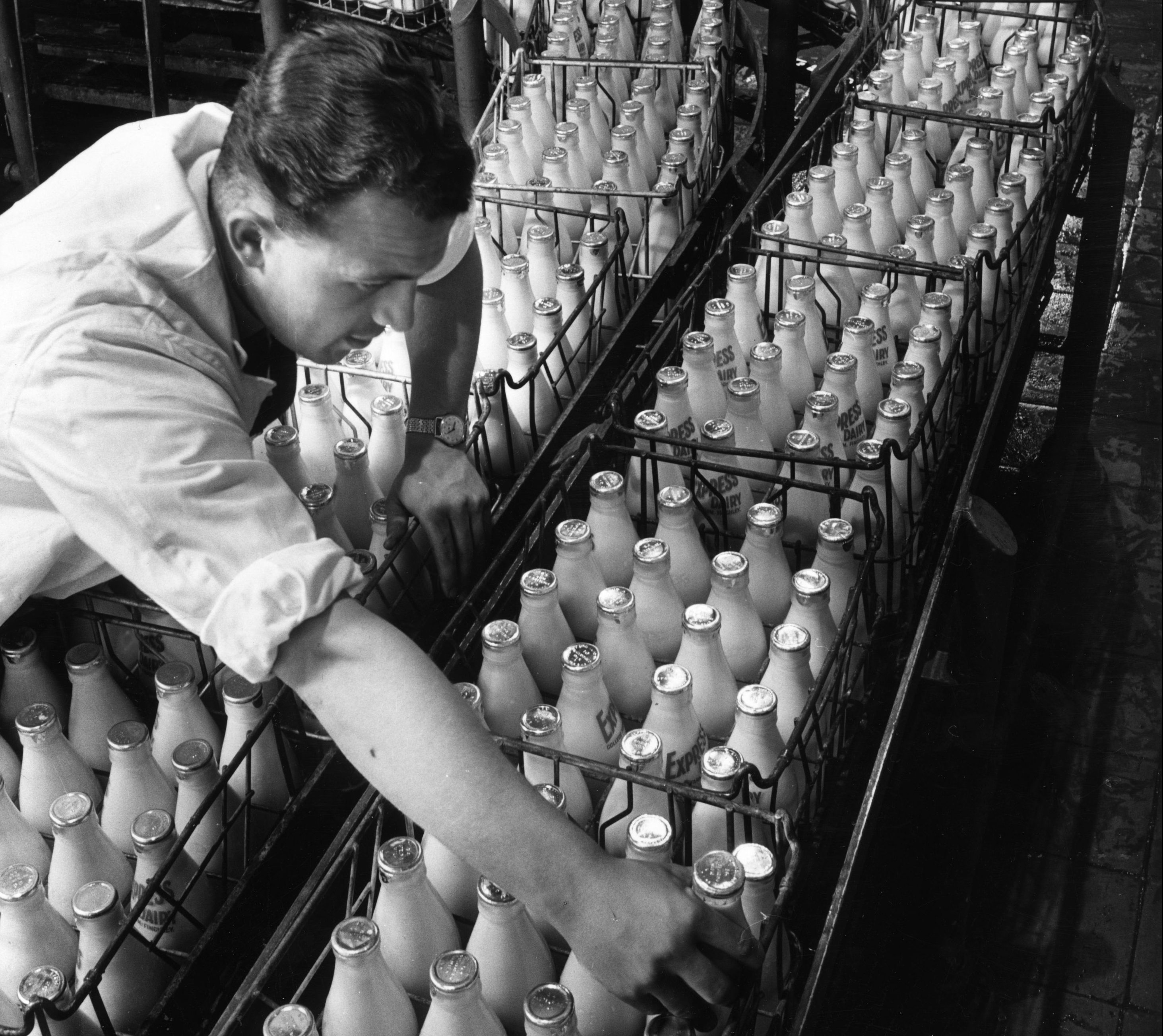 The return of the milkman: Does this time-honoured tradition still have a place in the 21st century?
The return of the milkman: Does this time-honoured tradition still have a place in the 21st century?Good for farmers and good for the planet, the milk round is back with a 21st-century twist, discovers Emma Hughes.
By Emma Hughes Published